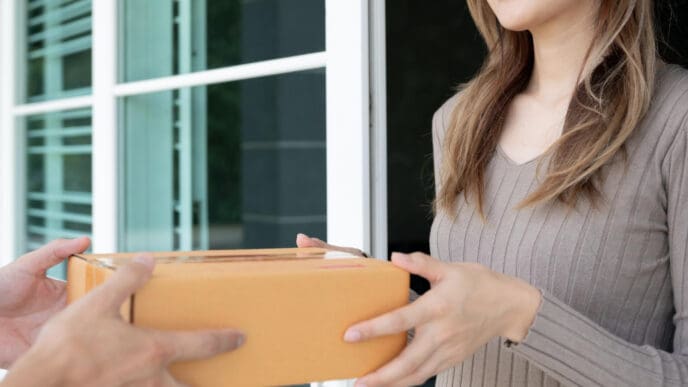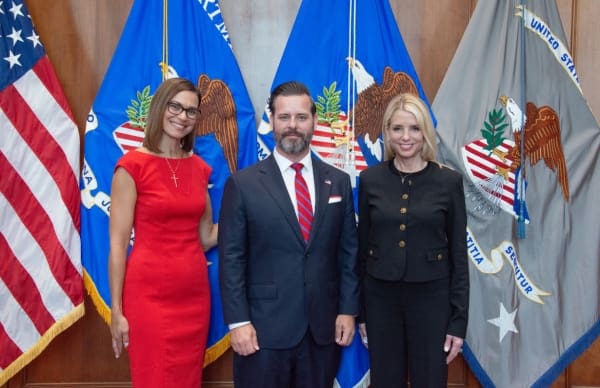Microdosing has emerged as a trend among health enthusiasts seeking to alleviate anxiety, stress, and depression through small amounts of psilocybin mushrooms or LSD. This practice, distinct from a full psychedelic experience, involves taking minimal doses intermittently, often following a schedule that users believe could be beneficial. While proponents assert that microdosing enhances joy, creativity, and connection, scientific research remains in its nascent stages, with some studies indicating that perceived benefits may be primarily due to the placebo effect.
Despite the fact that these substances remain illegal in most regions, the growing body of scientific research examining the potential benefits of controlled hallucinogenic experiences has led to legalization in Oregon and Colorado for therapeutic use. Additionally, several cities have deprioritized the enforcement of laws against psychedelics, further easing the path for microdosing enthusiasts.
Reports from individuals who engage in microdosing highlight perceived improvements in well-being. A veteran from Olympia, Washington, credits psilocybin with aiding his management of PTSD, while a parent in Loveland, Colorado, describes enhancements in parenting and creativity. However, scientific studies face challenges in measuring these subjective claims, as expectations significantly influence the outcomes.
One study revealed that participants experienced psychological improvements regardless of whether they consumed microdoses or placebos, underscoring the power of expectation. While some small studies hint at potential benefits for individuals with mild depression, comprehensive research is lacking. An Australian company is pursuing early trials to explore the effectiveness of LSD microdoses for severe depression and cancer-related despair.
Psilocybin is the most commonly used psychedelic among microdosers, with millions of Americans reportedly partaking in 2023. However, advocates caution that the long-term effects are not well-understood, and unregulated products pose potential risks. The Fireside Project provides support for individuals navigating psychedelic experiences, reflecting a cautious approach to microdosing.
Context and Clarity
The rising interest in microdosing reflects a broader societal shift towards exploring alternative mental health treatments. For individuals, it presents a potential avenue for self-improvement and mental well-being, albeit with caveats surrounding legality and safety. As research progresses, the therapeutic potential of microdosing may become more defined, influencing public perception and policy.
For communities and policymakers, the trend underscores the need for informed discussions about the regulation and supervision of psychedelic substances. As more jurisdictions consider legalization or decriminalization, the development of comprehensive frameworks will be crucial in ensuring both public safety and access to potential benefits. This evolving landscape could reshape mental health practices and societal attitudes towards psychedelics in the coming years.












